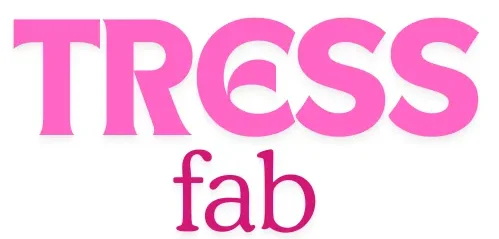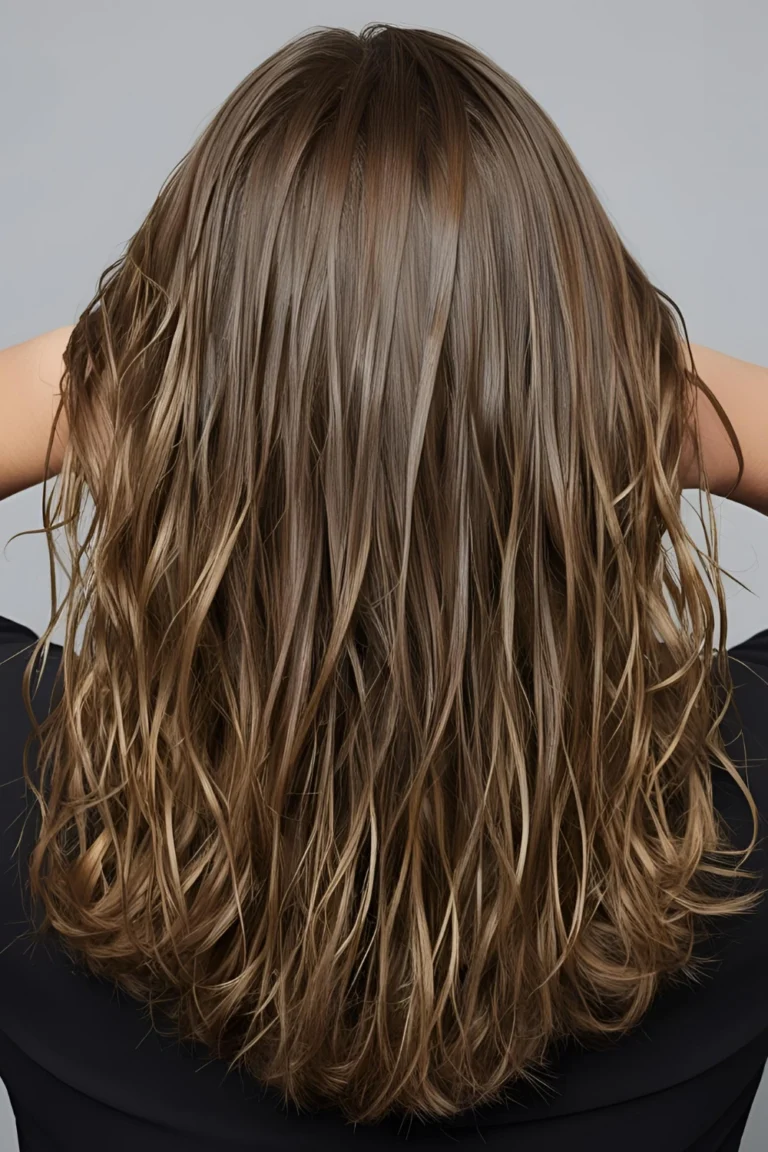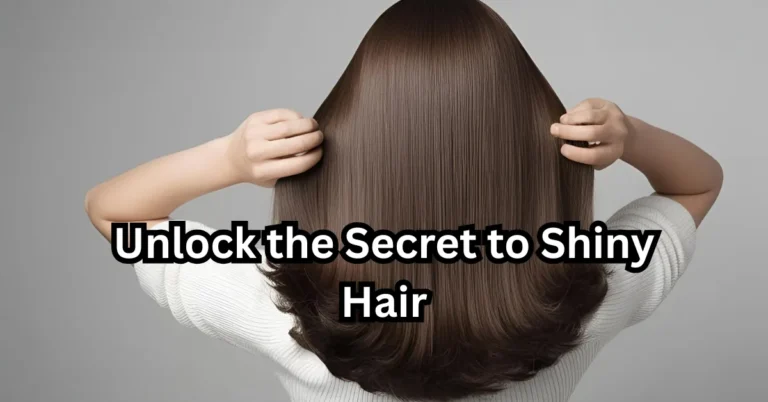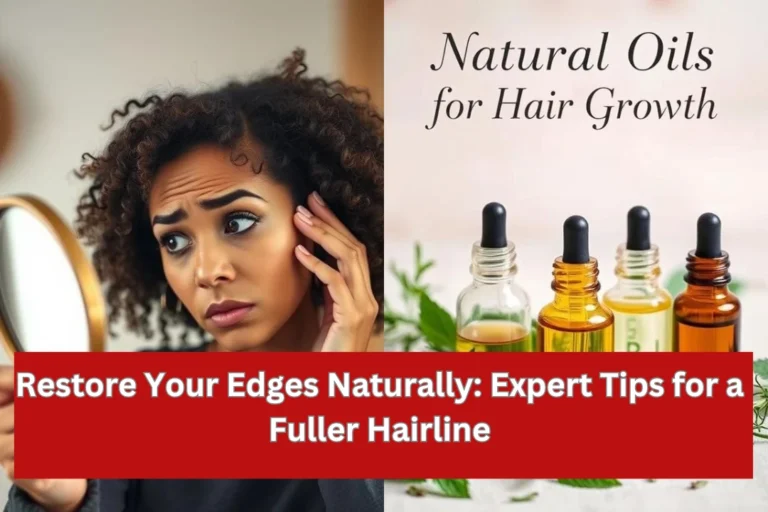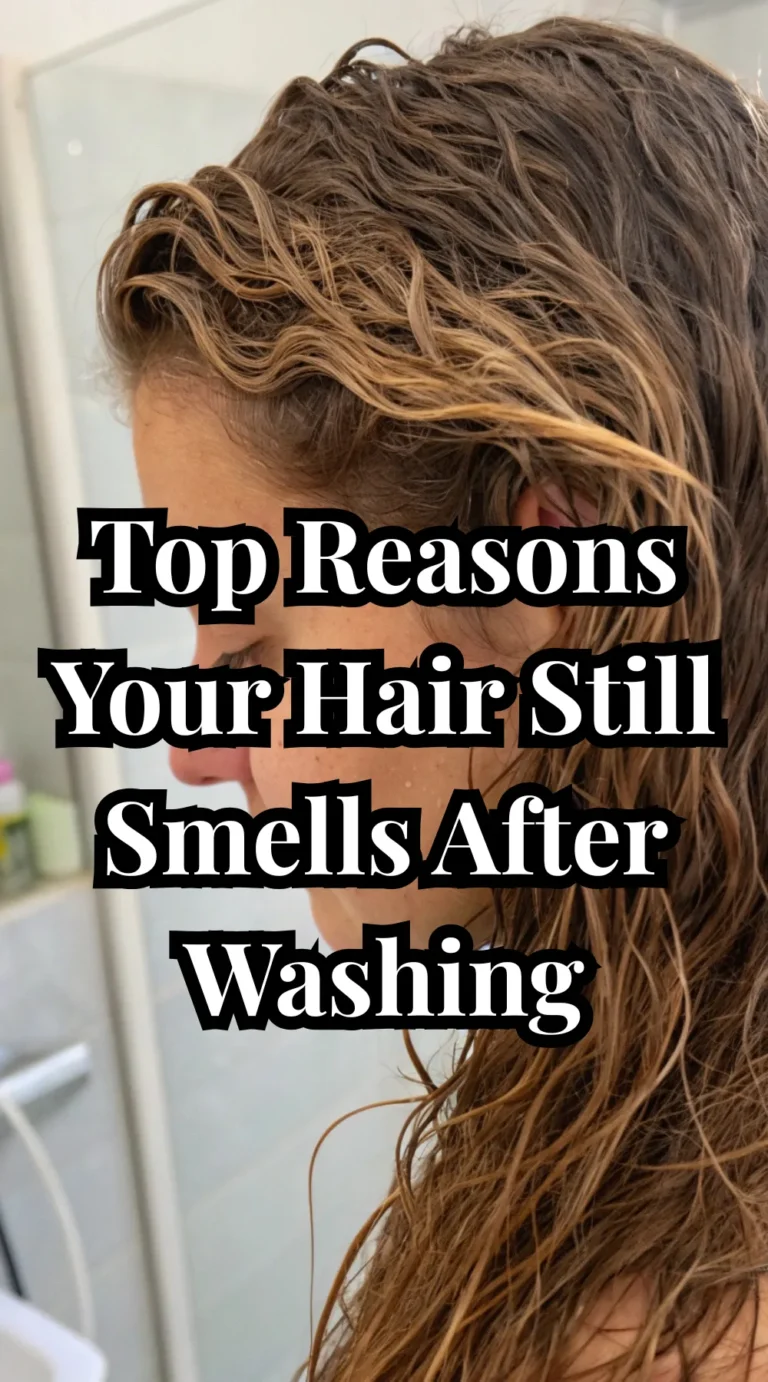How to Blow-Dry Your Hair Safely: Expert Advice for Heat Protection
The Complete Blow-Drying Handbook: How to Blow-Dry Your Hair Safely
Blow-drying your hair is a key step in many styling routines, helping you achieve a polished and voluminous look. However, frequent exposure to high heat can weaken the hair, leading to dryness, split ends, and breakage.
The good news? With the right techniques and tools, you can achieve a salon-quality blowout while keeping your hair strong and healthy.

This in-depth guide will walk you through everything you need to know about blow-drying safely, from preparation to post-care, so you can enjoy beautiful, damage-free hair.
Understanding the Risks of Heat Damage
Why Excessive Heat is Harmful to Hair
Heat styling tools, including blow dryers, can weaken the hair’s protective outer layer, making it more susceptible to dryness, breakage, and frizz. Prolonged exposure to high temperatures can even alter your hair’s protein structure, leading to dullness and reduced elasticity over time.
Common Signs of Heat Damage
- Dry, brittle texture – Hair feels rough and straw-like.
- Split ends – The ends of the hair break easily.
- Loss of shine – Hair appears dull and lifeless.
- Increased frizz and flyaways – Strands become difficult to manage.
- Difficulty holding a style – Hair won’t stay in place, even with styling products.
By adopting heat-safe blow-drying techniques, you can protect your hair’s natural structure while still achieving a smooth, voluminous look.
Pre-Blow-Dry Preparation: Setting the Foundation
Wash and Condition Properly
A proper hair care routine before blow-drying is essential for minimizing damage.
- Use a sulfate-free shampoo to cleanse without stripping natural oils.
- Apply a moisturizing conditioner to hydrate and strengthen your strands.
- Rinse with cool water to help seal the cuticle, locking in moisture and shine.
Apply a Heat Protectant
A heat protectant acts as a barrier between your hair and the intense heat of styling tools.
- Choose a product that offers thermal protection up to 450°F.
- Apply evenly to damp hair, focusing on the mid-lengths and ends.
- Use a lightweight, non-greasy formula to prevent buildup and maintain volume.
Towel Dry Gently
Overly aggressive towel drying can cause unnecessary friction and breakage.
- Use a microfiber towel or soft cotton T-shirt to gently blot excess water.
- Allow hair to air dry until it’s about 60-70% dry before using a blow dryer.
Choosing the Right Blow Dryer and Tools
Invest in a High-Quality Blow Dryer
Not all blow dryers are created equal—choosing the right one can significantly reduce heat damage.
- Ionic technology – Speeds up drying time and minimizes frizz.
- Ceramic or tourmaline components – Ensure even heat distribution, protecting the hair cuticle.
- Adjustable heat and speed settings – Allow for better control and lower heat exposure.
Use the Right Attachments
- Concentrator nozzle – Directs airflow precisely, reducing frizz and unnecessary heat exposure.
- Diffuser – Ideal for curly hair, helping to maintain definition while preventing excessive frizz.
Mastering Damage-Free Blow-Drying Techniques
Section Your Hair
Dividing your hair into sections ensures even drying and minimizes excessive heat exposure.
- Clip hair into four to six sections, depending on thickness.
- Work on one section at a time for a consistent and smooth finish.
Keep the Blow Dryer Moving
Holding the dryer too close or in one place for too long can cause heat damage.
- Keep the dryer about six inches away from your hair.
- Move it continuously to distribute heat evenly and avoid overheating any area.
Use the Cool Shot Button
A cool blast of air can help set your style and enhance hair health.
- After drying each section, use the cool shot button to seal the cuticle and lock in the style.
Opt for Medium Heat Settings
High heat can dry hair faster but increases the risk of long-term damage.
- Use a medium heat setting for a safer and more controlled drying process.
Dry from Roots to Ends
The direction of airflow plays a crucial role in achieving a sleek, polished look.
- Always direct the airflow downward from roots to ends to prevent frizz and enhance shine.
Styling Tips for Different Hair Types

For Straight Hair
- Use a paddle brush to achieve a sleek, polished finish.
- Point the concentrator nozzle downward to smooth the hair cuticle.
For Curly or Wavy Hair
- Attach a diffuser to maintain curl definition while reducing frizz.
- Scrunch hair gently while drying to enhance natural texture.
For Fine Hair
- Flip your head upside down while drying to boost volume at the roots.
- Avoid heavy styling products that may weigh down fine hair.
Post-Blow Dry Care: Maintaining Healthy Hair
Lock in Moisture
- Apply a lightweight serum or hair oil to the ends for added shine and hydration.
- Avoid products with high alcohol content, as they can dry out the hair.
Avoid Over-Styling
- Limit the use of additional heat tools like flat irons and curling wands to prevent excessive heat exposure.
Maintain Your Blowout
- Sleep on a silk or satin pillowcase to minimize friction and prolong your blowout.
- Use dry shampoo between washes to absorb excess oil and keep hair fresh.
Natural Alternatives to Heat Styling
Air Drying Techniques
On days when you want to avoid heat, try these no-heat styling alternatives:
- Braid damp hair for effortless, natural waves.
- Use hair wraps or rollers to create volume and curls without heat.
Heat-Free Styling Products
Opt for products designed to enhance texture and hold styles naturally:
- Curl-enhancing creams
- Texturizing sprays
- Volumizing mousses
Final Thoughts: Embrace Your Natural Beauty

Achieving stunning, healthy hair doesn’t always require high heat. By following these safe blow-drying practices and incorporating heat-free styling options, you can maintain strong, glossy locks while minimizing damage. Prioritizing hair health over excessive styling will keep your strands looking their best for years to come!
